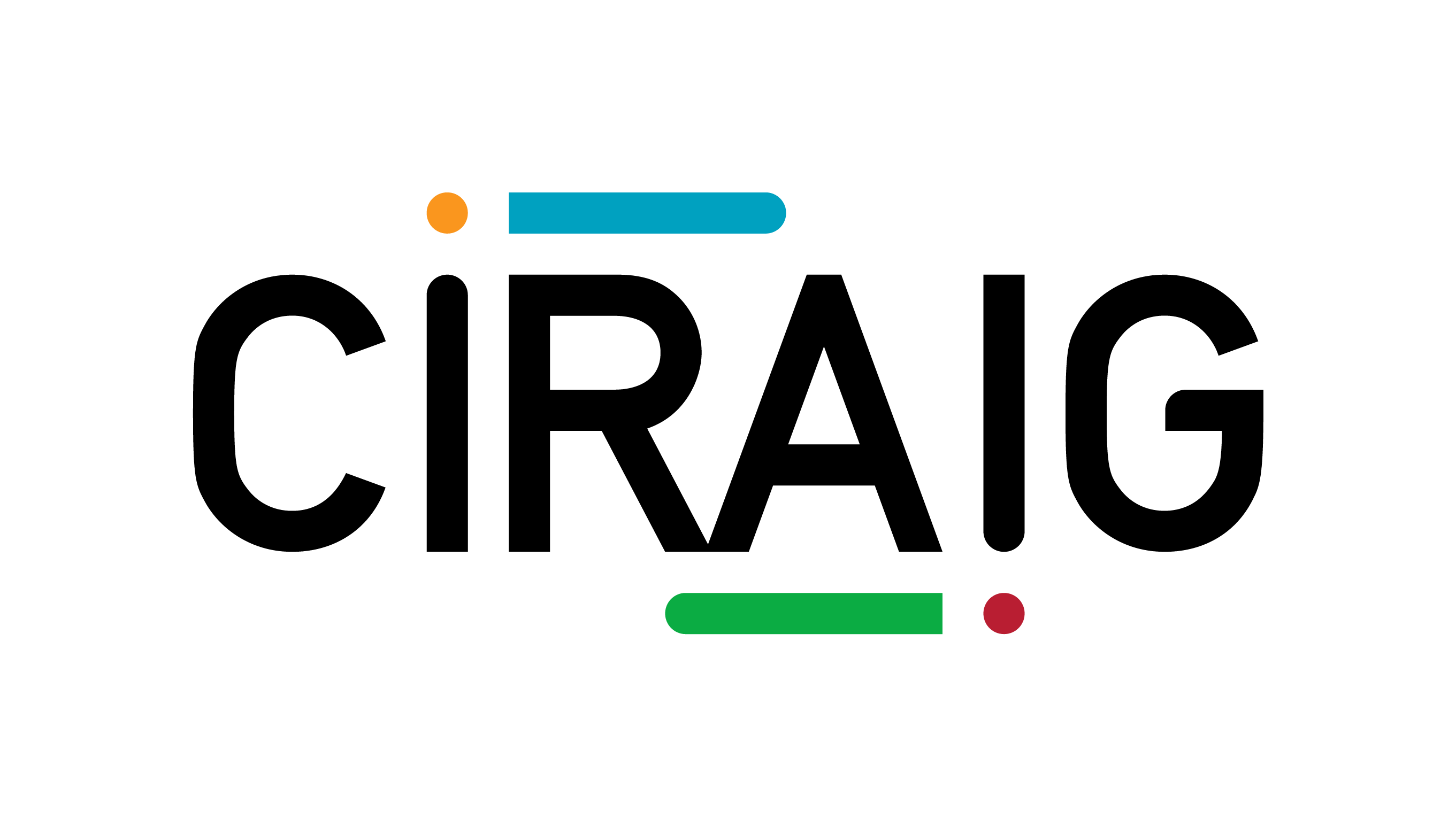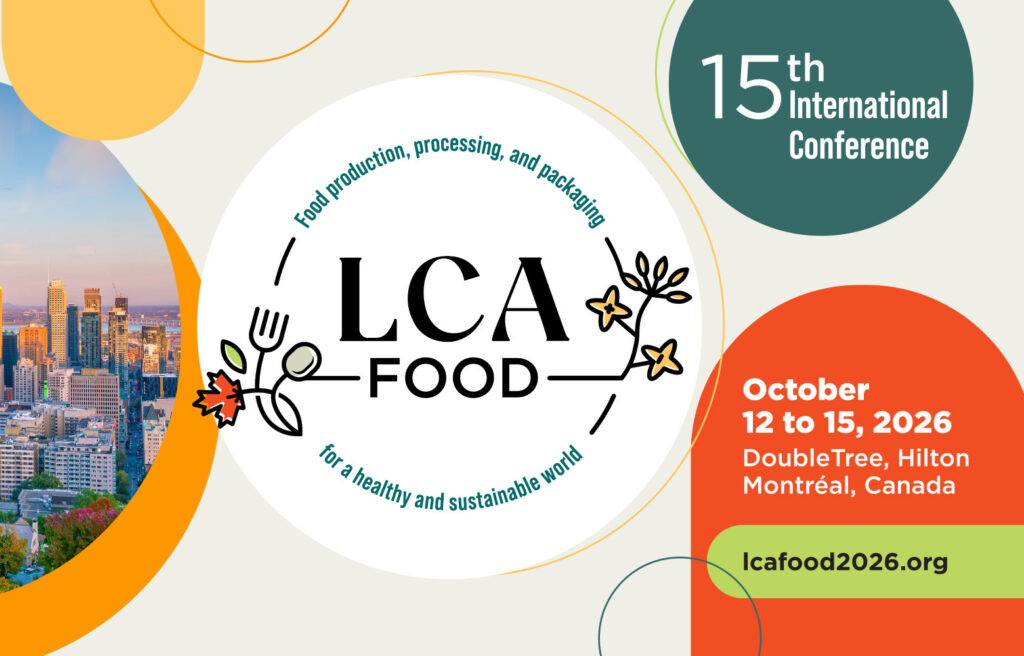Life cycle analyses of masks and their end of life
In the context of the COVID-19 pandemic and the massive use of medical masks, two life cycle analyses were conducted to evaluate the environmental impacts of end-of-life management of single-use masks used in Quebec, but also of different types of reusable and single-use masks.

One of the consequences of the COVID-19 pandemic is the increased use of masks all around the world. Mandatory wearing of masks for health reasons, particularly in institutional and commercial environments, has resulted in large volumes of masks quickly ending up in landfills. Gradually, other end-of-life management options were developed, raising questions about their environmental impact and the cost of mask recovery options.
It is in this context that RECYC-QUÉBEC has launched a project on the end-of-life management of single-use masks used in Quebec, as well as on different types of reusable and single-use masks.
Two studies were conducted: the first one compared the environmental footprint of single-use masks under different end-of-life scenarios. The second study compared the environmental footprint of reusable masks to that of single-use masks used in Quebec. A comparison of the direct costs to the users of these masks was also performed.
In collaboration with
Similar projects
We use cookies on our website to give you the most relevant experience by remembering your preferences and repeat visits. By clicking “Accept”, you consent to the use of ALL the cookies.
Manage consent
Privacy Overview
This website uses cookies to improve your experience while you navigate through the website. Out of these, the cookies that are categorized as necessary are stored on your browser as they are essential for the working of basic functionalities of the website. We also use third-party cookies that help us analyze and understand how you use this website. These cookies will be stored in your browser only with your consent. You also have the option to opt-out of these cookies. But opting out of some of these cookies may affect your browsing experience.
Necessary cookies are absolutely essential for the website to function properly. This category only includes cookies that ensures basic functionalities and security features of the website. These cookies do not store any personal information.
Any cookies that may not be particularly necessary for the website to function and is used specifically to collect user personal data via analytics, ads, other embedded contents are termed as non-necessary cookies. It is mandatory to procure user consent prior to running these cookies on your website.
Your subscription could not be saved. Please try again.
Your subscription has been successful.





